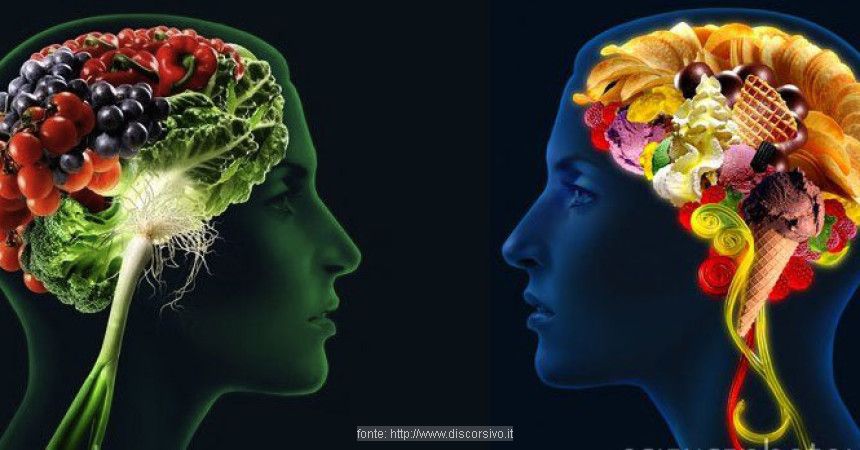

04 Mar ART-724- Neurogastronomy.
The term “neurogastronomy” was proposed and introduced to science by Gordon M. Shepherd, a neurobiologist and professor at the Yale School of Medicine (USA), who published an article in the journal “Nature” in 2006, in which he used the term “neurogastronomy” for the first time. Six years later, Shepherd published a book titled Neurogastronomy. Published by Columbia University Press, it resulted in the idea of establishing the International Society of Neurogastronomy (ISN) in 2014. The mission of ISN is to promote and develop neurogastronomy from both a scientific and health point of view, in order to improve the quality of human life and to disseminate knowledge about the relationship between the stimulation of various areas of the brain, the perception of taste sensations, and what we eat, how we eat, why it tastes us – or not – what we eat.


The first symposium on neurogastronomy was held in 2015 at the University of Kentucky. It was then that the assumptions of clinical neurogastronomy were introduced as an applied discipline dealing with taste perception and its impact on the effectiveness of pharmacotherapy or improving the quality of life of people who, for various reasons, have lost their sense of taste and/or smell, as well as factors influencing the selection of the appropriate type of food. Two years ago, ISN received official funding from the National Institute of Health (USA) enabling it to continue its research.
How various substances contained in food affect our brain, how it is related to emotions, memories, food preferences or cultural aspects – neurogastronomy specialists are also trying to answer these questions. Their research concerns the perception of taste resulting from many, not yet fully understood, complex brain processes, which also influence the perception of the smell or tastiness of food and the acceptance of consumed food products.
An important area of interest in this field of science are the psychological aspects related to the feeling of satiety, addiction to various types of food, taste preferences, the impact of taste on memory and the resulting decision-making process in choosing the right food.
The clinical application of neurogastronomy also involves understanding the patient’s behavioral patterns related to eating, which may contribute to obesity or the development of eating disorders.
Neurogastronomy tries to determine what causes changes in the perception of sensations related to taste and smell in people suffering from, for example, Alzheimer’s disease, Parkinson’s disease, epilepsy, cancer, or those who have suffered a stroke.
What about people who have lost their taste and smell altogether? Such disorders may appear after mechanical head injuries, as well as as a result of certain neurological or laryngological diseases, or as a result of treatment with certain drugs, as well as during radio- and chemotherapy. Determining what causes this phenomenon and whether it can be prevented may be important for improving the quality of life of patients and, consequently, strengthening the effectiveness of therapy.
Another very important, possible application of neurogastronomy in clinical practice is to examine the factors that influence the choice of different types of food products by patients with diabetes, obesity, hypertension and other diet-related diseases.
As a result of research on the perception of fatty taste by obese children, it was found that their taste buds are less sensitive to its sensation compared to slim children. This shows how appropriate taste perception can indirectly influence body weight. In other studies, it was observed that children suffering from type 1 diabetes had a weaker sweet taste sensation. These are preliminary results, but they indicate that the perception of taste may contribute to the development of excess weight and influences the choice of food products by diabetic patients.
The perception of taste is a subjective phenomenon that depends, among others, on: on the type, composition, structure, method of food preparation, as well as on the chemical and physical changes of products that occur during cooking. Therefore, when studying this phenomenon, scientists dealing with neurogastronomy cooperate with specialists in the field of molecular gastronomy. Molecular gastronomy is a part of molecular gastronomy and deals with food processing technology and partly with the art of its presentation.


Neurogastronomy combines two worlds – scientific and culinary, and examines the reaction of the human brain and the resulting behavior related to the consumption of particular products and dishes.
Neurogastronomy tries to explain how various substances contained in food affect our brain, how the perception of taste is related to emotions, memories, food preferences, and cultural aspects – explains Dr. Chłopicka.
When someone has lost their taste or smell as a result of an illness or accident, neurogastronomy aims to help such a person. In addition, he studies how to influence the choice of food by patients with diabetes, obesity, hypertension and other diet-related disorders. In addition to clinical applications, this science wants to find the answer to the question why food causes pleasure and how to increase this pleasure.


Sorry, the comment form is closed at this time.